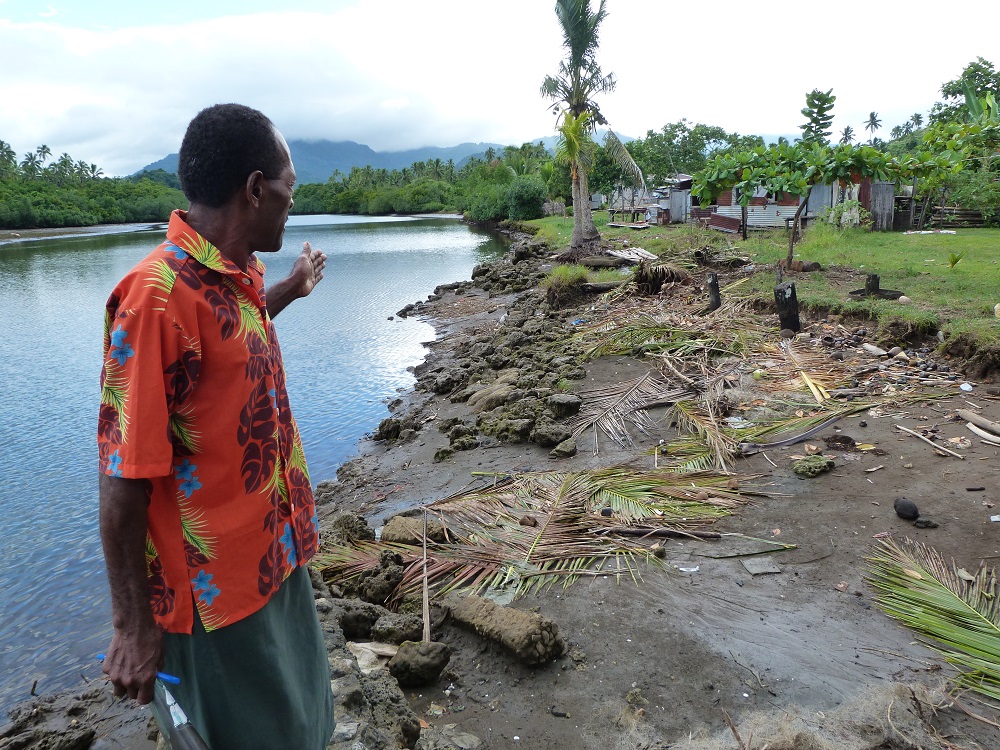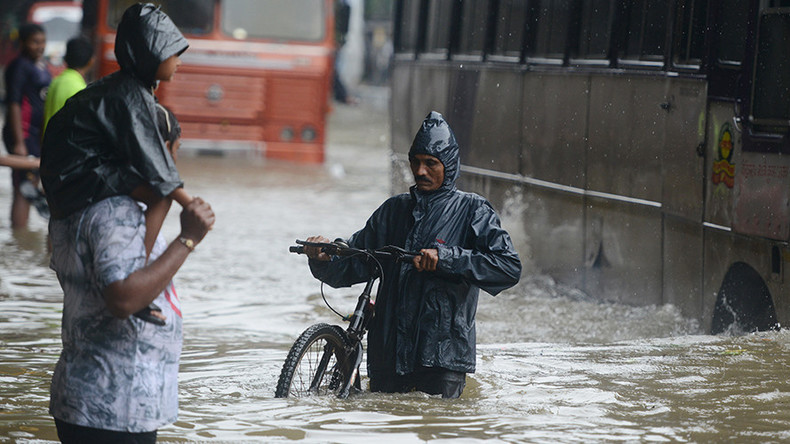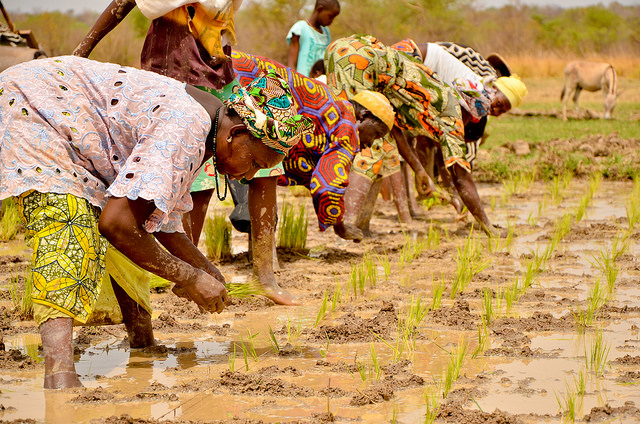How do Cross-Border Human Mobility and Human Rights tie in with Disasters, Climate Change and Environmental Degradation? What measures must be taken in order to minimize the risks posed to travelling migrants by the symptoms of climate change?
On the 24th September, the Platform on Disaster Displacement, Caritas France, Act Alliance, the International Catholic Migration Commission (ICMC) as well as Caritas Internationalis hosted an event ancillary to the 45th Regular Session of the Human Rights Council, in a bid to stimulate and encourage discussion with governmental authorities and civil society with regards to the way forward when tackling disasters, climate change and environmental degradation in terms of human mobility. The primary question considered was: How are states required to react in order to ensure that the human rights of migrating individuals are protected accordingly?
The first panellist was Climate Change and Migration-Focused research lawyer Lauren Nishimura who initiated the conversation by means of discussing the main focus of her study entitled ‘Climate Change Migrants’: Impediments to a Protection Framework and the Need to Incorporate Migration into Climate Change Adaptation Strategies’. In referring to slow on-set events, Dr. Nishimura sought to explain that this prolonged nature leads to a foreseeability of events connected to climate change; thus providing states with enough time to formulate a precautionary strategic plan in order to ensure that there is no lack of resources and that the human rights of the residents are not jeopardized.

The study concludes that in order for this to be achieved effectively, there is a dire need for the lacunae present in human rights protection to be addressed and filled. This is to be done by means of States actively seeking out what the drivers of mobility are. A human rights focused approach puts people and their rights at the very heart of the matter, thus ensuring that migration is as safe a journey as possible. Where states have a lack of the necessary resources to adopt these protective measures, international assistance is encouraged.
The second panellist was Ambassador Nazhat Shameem Khan, the Permanent Representative of the Republic of Fiji to the United Nations in Geneva. Her argument was primarily targeted at addressing the issue of displacement in the Pacific, whose residents are currently suffering the consequences of environmental degradation. This type of dislocation is fraught with emotion and concern for the degree of alienation which several islanders will feel as a result of such environmental degradation. This is specifically due to the ancestral link of these residents with their beloved land.
If rising sea levels, salination of fresh water supplies and the degradation of land are not brought to a halt, these individuals will be coerced to resort to cross-border migration.
Ambassador Nazhat Shameem Khan

Ambassador Khan highlighted the importance of addressing and initiating discussion on this issue with the islanders, despite its sensitive nature. This is required in order to ensure that clear and transparent guidelines are communicated to the individuals, whose human rights are bound to be complied with. There should thus be the guarantee that when they are eventually moved, there is easy access to adequate housing, healthcare as well as education. She also sought to emphasize the fundamentality of these guidelines being decided as closely as possible to the community and thus, including its contribution. Despite the unfortunate circumstances, they have led to the initiation of a transformative process whereby those members of the community who did not have a voice, have been provided with one. Women within this community have been taught how to install solar power into their place of living, thus leading to female empowerment in these small villages.
The third panellist was the Secretary General of The Gambia Red Cross Society, Alasan Senghore. He explained that one of the key drivers for the very high migration flow from the Gambia is specifically that of the poor economic conditions pertaining to the region, which are further jeopardized by the heavy droughts occurring every four to five years. This means that access to water is very limited. These major factors tie in with the fact that several Gambians are constantly coerced to flee their country due to these severe deficiencies, which all majorly stem from climate change. Emphasis was placed on the sheer necessity for policies on the severe issue of the Gambians’ access to water to be implemented and action to be taken by the State. This is due to the fact that it is only projects taken on by the Red Cross which have sought to improve this issue.
Subsequent to these very practical and thought-provoking methods of ensuring the protection of human rights, each of the panellists then made some concluding remarks. Dr. Nishimura and Ambassador Khan both sought to highlight the importance of acting now, especially since we are in possession of the necessary frameworks and opportunities to allow us to do so safely and effectively. By acting, we will be able to mitigate the human suffering already foreseeable at the moment.

The emphasis imposed upon this particular strategy is of crucial importance to the overall success of the mission at hand. It’s just a matter of when governments start treating the detrimental effects of climate change on migration as the severe problem it actually is. Mr. Senghore then added that an individual’s awareness of his rights is fundamental. Improvements may solely take place if the people themselves are engaged to be a part of the process which primarily concerns their safety.
These vital recommendations, brought forth by individuals who have studied or witnessed the distress of displacement first-hand, act as a clear guide to be followed by governments all over in a bid to preclude any unnecessary violation of human rights in the eventuality that such displacement occurs. These legal and political suggestions were of paramount importance in addressing the globally present legislative lacunae regarding the effective measures to be taken where displacement takes place.
